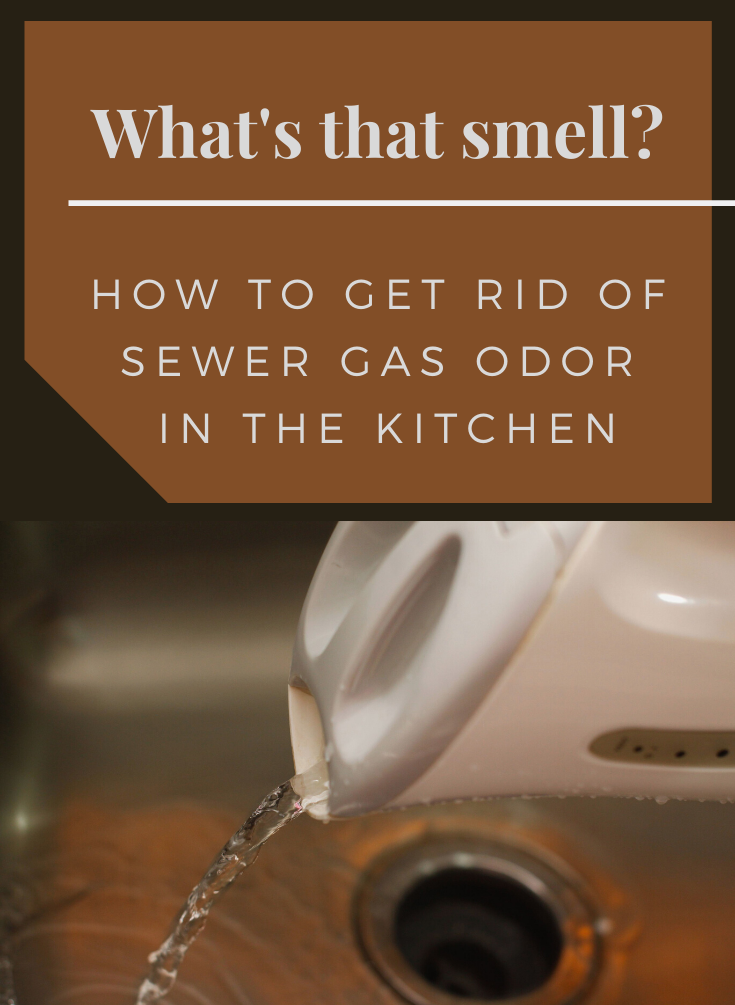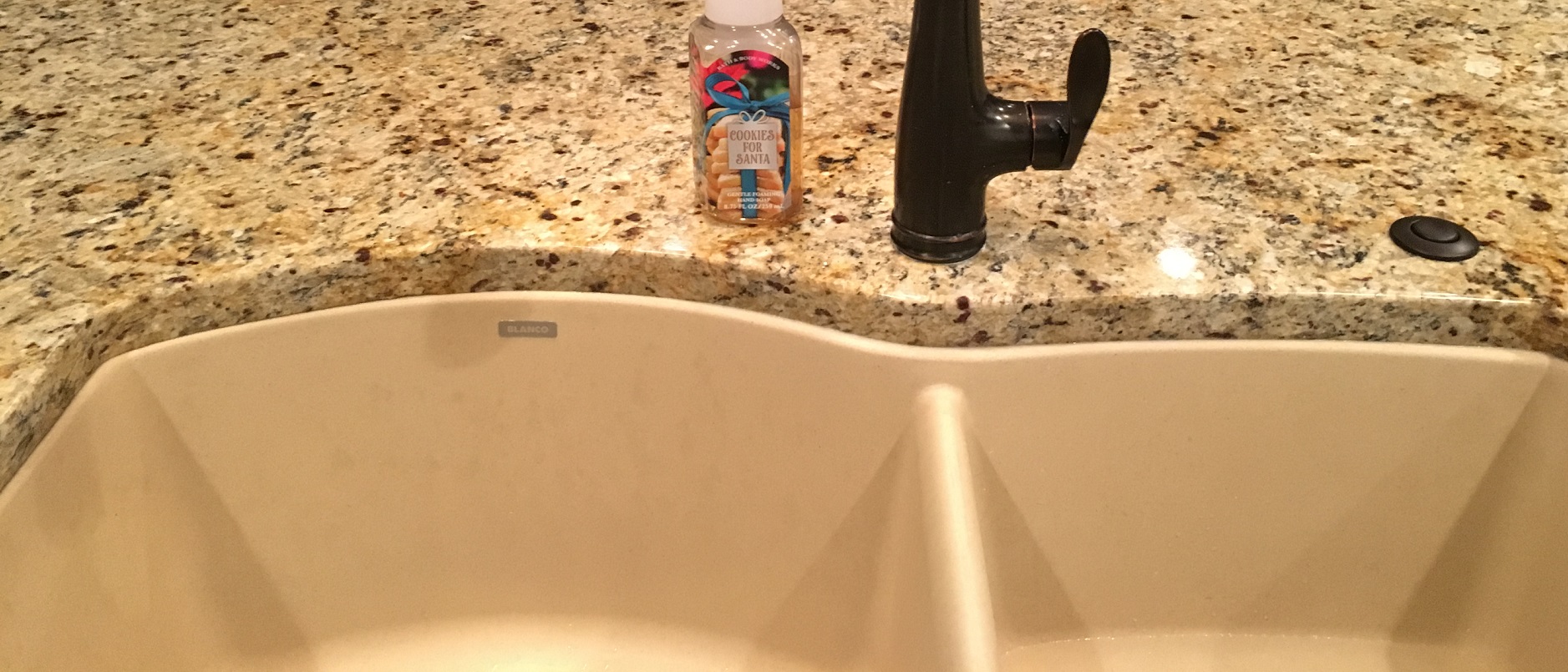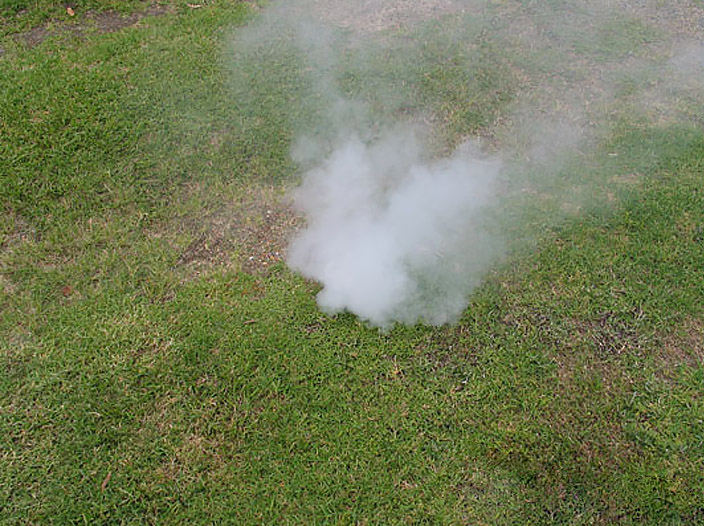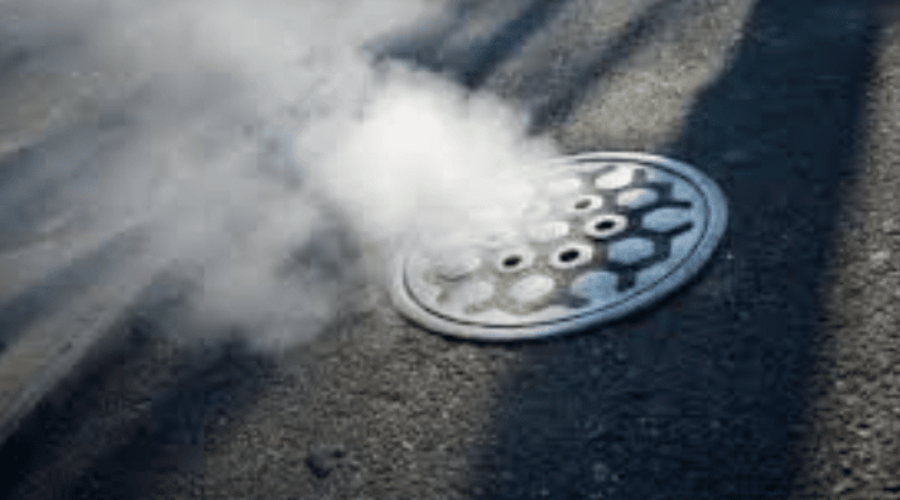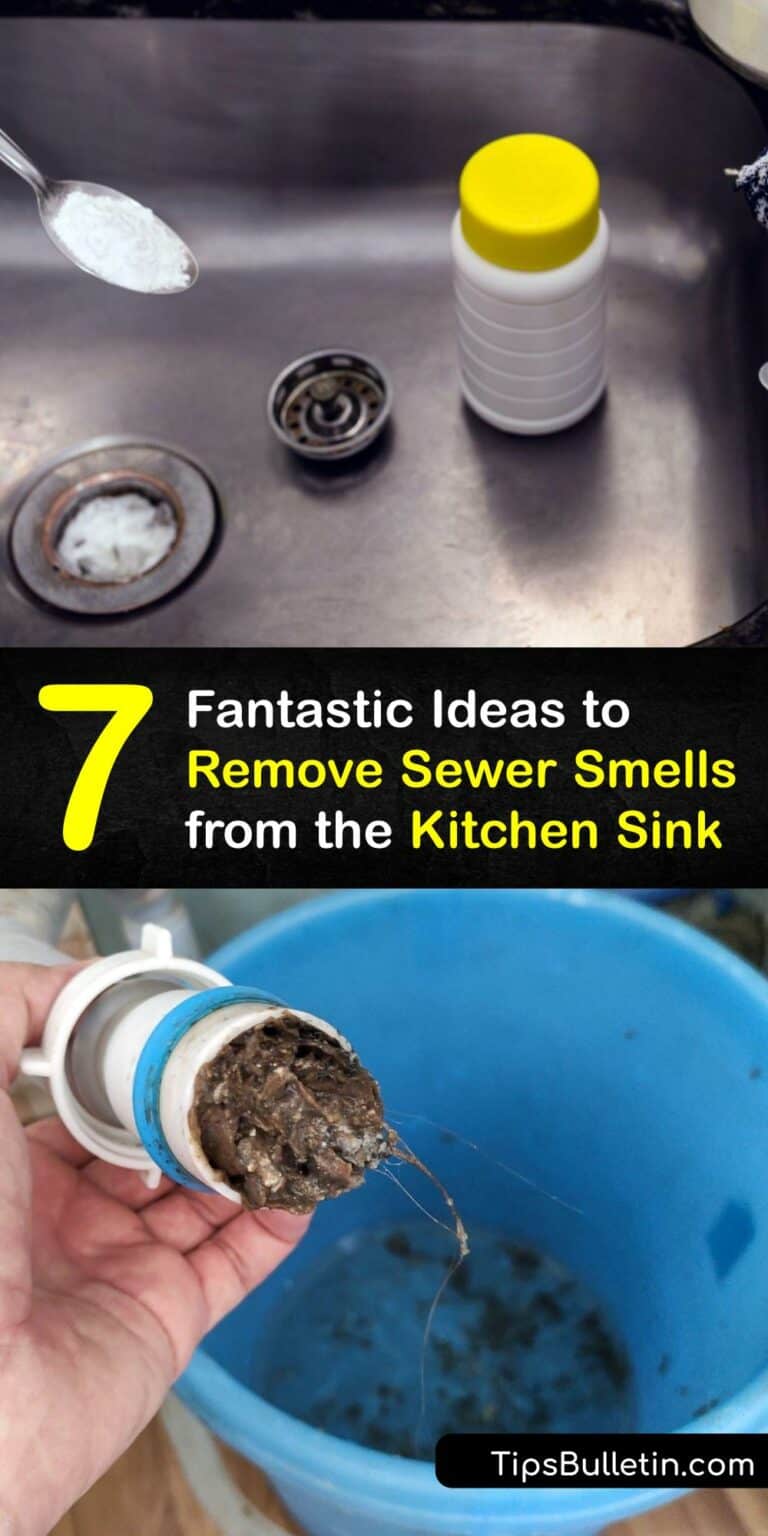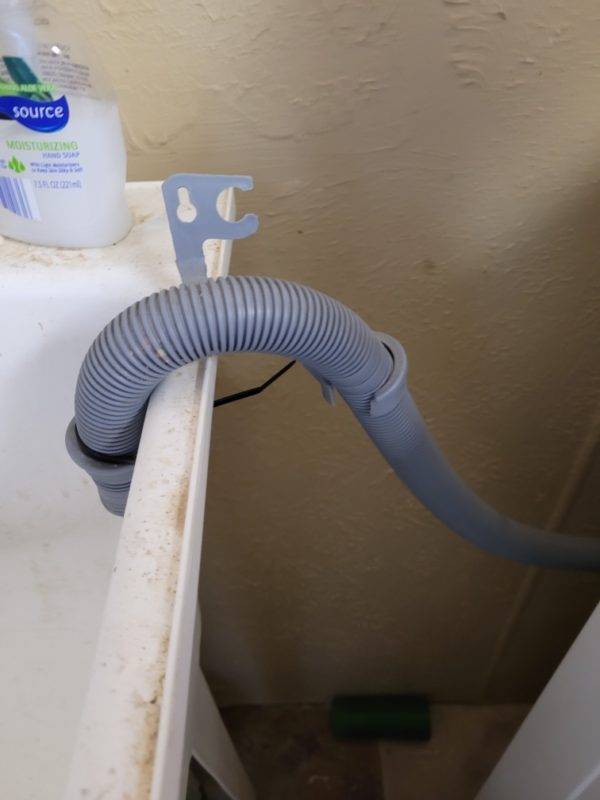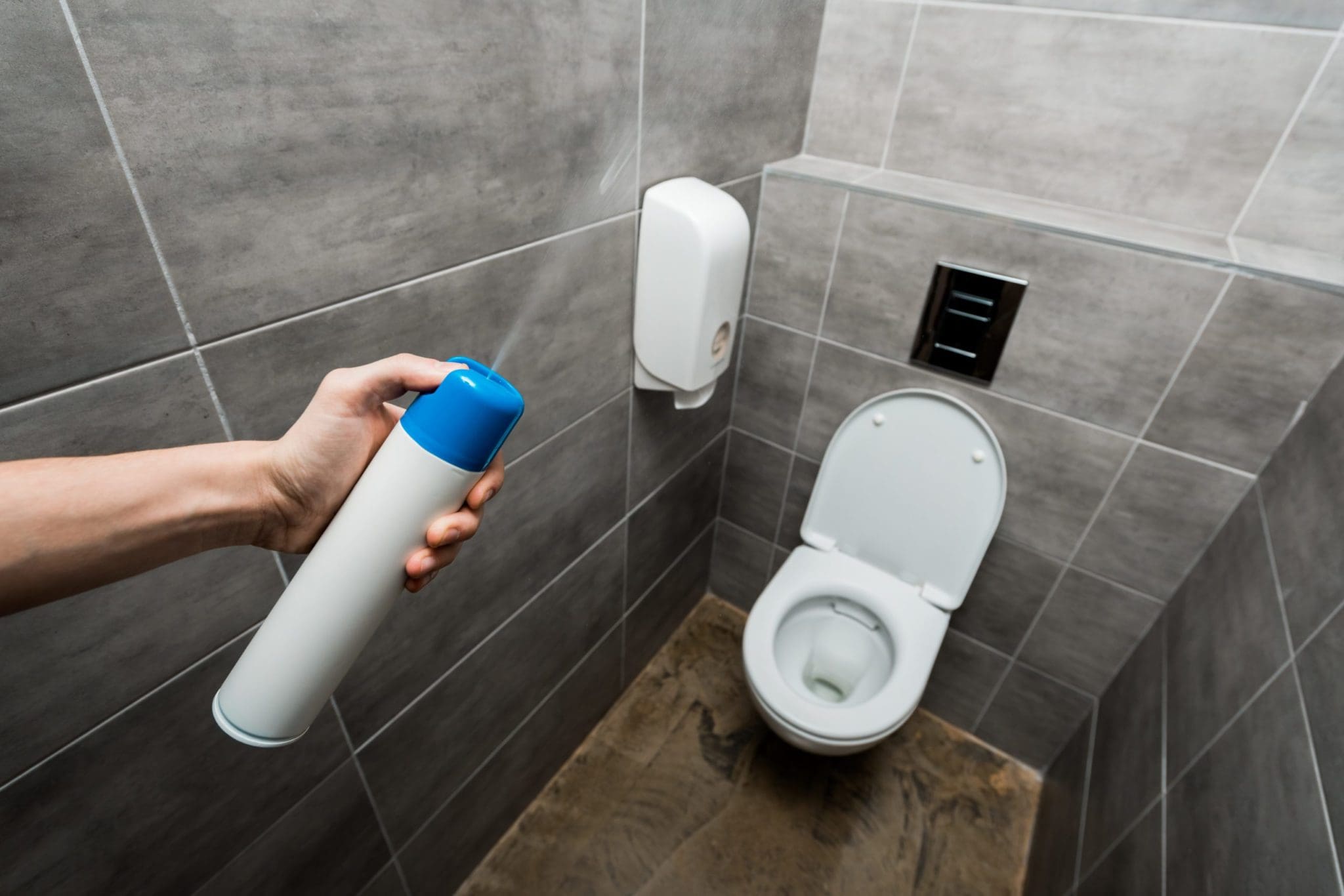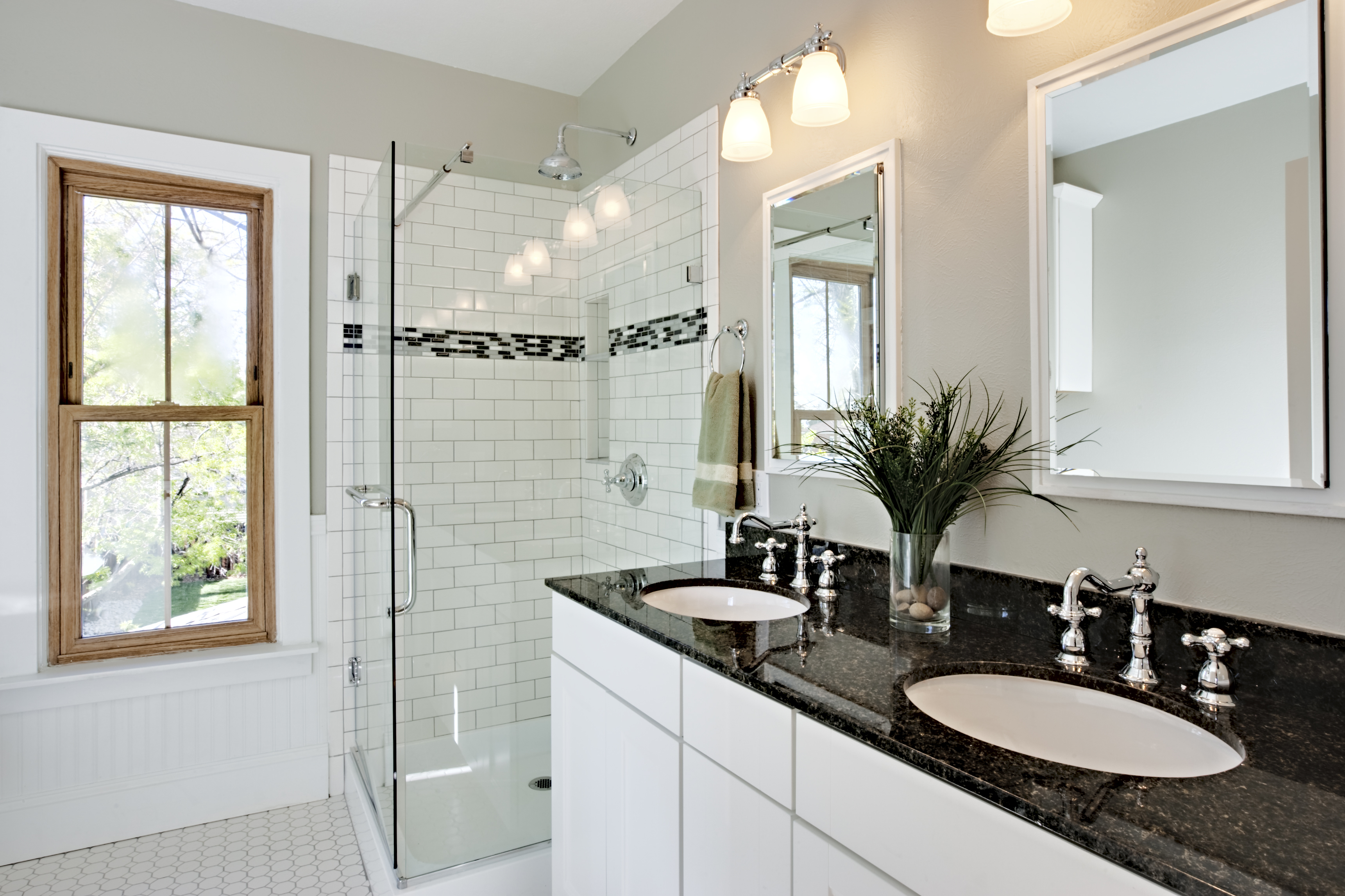Are you noticing a foul smell coming from your kitchen sink? If so, it could be a sign of sewer gas buildup. Sewer gas is a mixture of gases, including hydrogen sulfide, ammonia, and methane, that can emit a strong and unpleasant odor. Not only is this smell unpleasant, but it can also be harmful to your health if inhaled. In this article, we will discuss the top 10 ways to eliminate sewer gas smell in your kitchen sink.How to Get Rid of Sewer Gas Smell in Kitchen Sink
If the smell is coming from under your kitchen sink, it is likely due to a problem with your plumbing. One of the most common causes of sewer gas smell in the kitchen sink is a cracked or damaged drain pipe. This can allow sewer gas to escape into your home. To fix this issue, you will need to locate the source of the leak and repair or replace the damaged pipe. This is a task that is best left to a professional plumber for proper and thorough repairs.How to Fix a Sewer Gas Smell Under Kitchen Sink
Aside from a damaged drain pipe, there are other possible causes of sewer gas smell in your kitchen sink. These include a dry P-trap, a blocked vent pipe, or a damaged plumbing seal. The P-trap is a curved section of pipe under your sink that is designed to hold a small amount of water to block sewer gas from entering your home. If this trap dries out, it can allow sewer gas to escape. A blocked vent pipe can prevent proper air flow and cause sewer gas buildup. And a damaged plumbing seal can also allow sewer gas to escape into your home.Causes of Sewer Gas Smell in Kitchen Sink
Preventing sewer gas smell in your kitchen sink is important for both your health and your home's hygiene. The best way to prevent this issue is by regularly cleaning and maintaining your kitchen sink. This includes regularly running hot water and using a mixture of baking soda and vinegar to clean the sink and drain. You should also avoid pouring grease, oil, and food scraps down the drain, as these can lead to clogs and buildup.How to Prevent Sewer Gas Smell in Kitchen Sink
If you are experiencing sewer gas smell in your kitchen sink, there are some DIY solutions that you can try before calling in a professional. One method is to pour a cup of baking soda down the drain, followed by a cup of vinegar. Let this mixture sit for 10-15 minutes before flushing it with hot water. This can help to break down any buildup or clogs in the drain. Another option is to use a mixture of lemon juice and salt to scrub the sink and drain. This can help to eliminate any lingering odors.DIY Solutions for Sewer Gas Smell in Kitchen Sink
If the sewer gas smell persists even after trying DIY solutions, it may be time to call in a professional for help. A plumber can inspect your plumbing system and identify the source of the problem. They can also perform repairs or replace damaged pipes and seals to eliminate the sewer gas smell. Additionally, a professional plumber can provide regular maintenance services to keep your kitchen sink and plumbing system in good working condition.Professional Services for Sewer Gas Smell in Kitchen Sink
Aside from the obvious foul smell, there are other signs that can indicate a sewer gas leak in your kitchen sink. These include slow draining water, gurgling sounds coming from the drain, and an increase in pests or insects around the sink. If you notice any of these signs, it is important to address the issue as soon as possible to avoid further damage and potential health risks.Common Signs of Sewer Gas Leak in Kitchen Sink
Regularly cleaning and maintaining your kitchen sink is key to avoiding sewer gas smell. In addition to using the DIY solutions mentioned earlier, you should also make sure to regularly clean the sink and drain with hot water and soap. You can also use a mixture of baking soda and lemon juice to scrub away any buildup and eliminate odors. It is also important to regularly check for and fix any leaks or clogs in your plumbing system.How to Clean and Maintain Kitchen Sink to Avoid Sewer Gas Smell
As mentioned earlier, a damaged drain pipe, dry P-trap, blocked vent pipe, and damaged plumbing seal can all cause sewer gas smell in your kitchen sink. However, there are other potential plumbing issues that could be contributing to the problem. These include a cracked or damaged sewer line, a malfunctioning septic tank, or a blocked main sewer line. It is important to have a professional plumber thoroughly inspect your plumbing system to identify and address any of these potential issues.Possible Plumbing Issues Causing Sewer Gas Smell in Kitchen Sink
If you are experiencing sewer gas smell in your kitchen sink, there are some steps you can take to troubleshoot and fix the issue. First, check to see if the P-trap under your sink is dry and pour water down the drain to refill it. Next, check the vent pipe on your roof to make sure it is not blocked. You can also try using a plunger to clear any clogs in the drain. If these solutions do not work, it is best to call a professional plumber to properly troubleshoot and fix the issue.How to Troubleshoot and Fix Sewer Gas Smell in Kitchen Sink
The Importance of Proper Ventilation in Your Kitchen
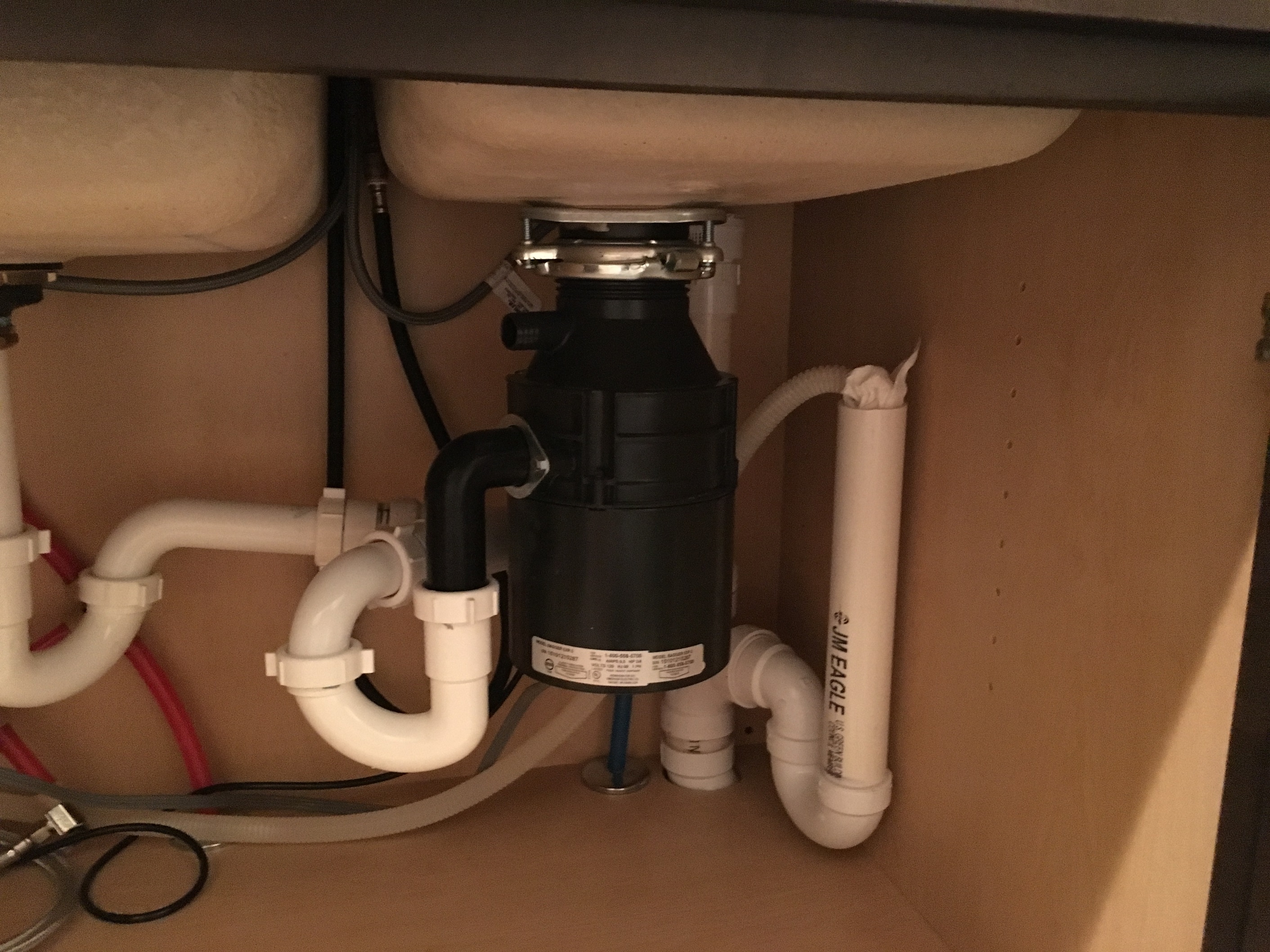
How Sewer Gas Can Affect Your Kitchen
 Proper ventilation is crucial in every aspect of house design, especially in the kitchen. One of the main concerns in a kitchen is the presence of sewer gas, which can be caused by a variety of factors such as clogged drains, damaged pipes, or poor ventilation. Sewer gas is a mixture of various gases, including methane, ammonia, and hydrogen sulfide, which can be harmful to your health if inhaled in large amounts. Not only can it cause unpleasant odors in your kitchen, but it can also lead to health issues such as headaches, dizziness, and respiratory problems. This is why it is important to address any issues with sewer gas immediately and ensure proper ventilation in your kitchen.
Proper ventilation is crucial in every aspect of house design, especially in the kitchen. One of the main concerns in a kitchen is the presence of sewer gas, which can be caused by a variety of factors such as clogged drains, damaged pipes, or poor ventilation. Sewer gas is a mixture of various gases, including methane, ammonia, and hydrogen sulfide, which can be harmful to your health if inhaled in large amounts. Not only can it cause unpleasant odors in your kitchen, but it can also lead to health issues such as headaches, dizziness, and respiratory problems. This is why it is important to address any issues with sewer gas immediately and ensure proper ventilation in your kitchen.
The Role of Ventilation in Eliminating Sewer Gas
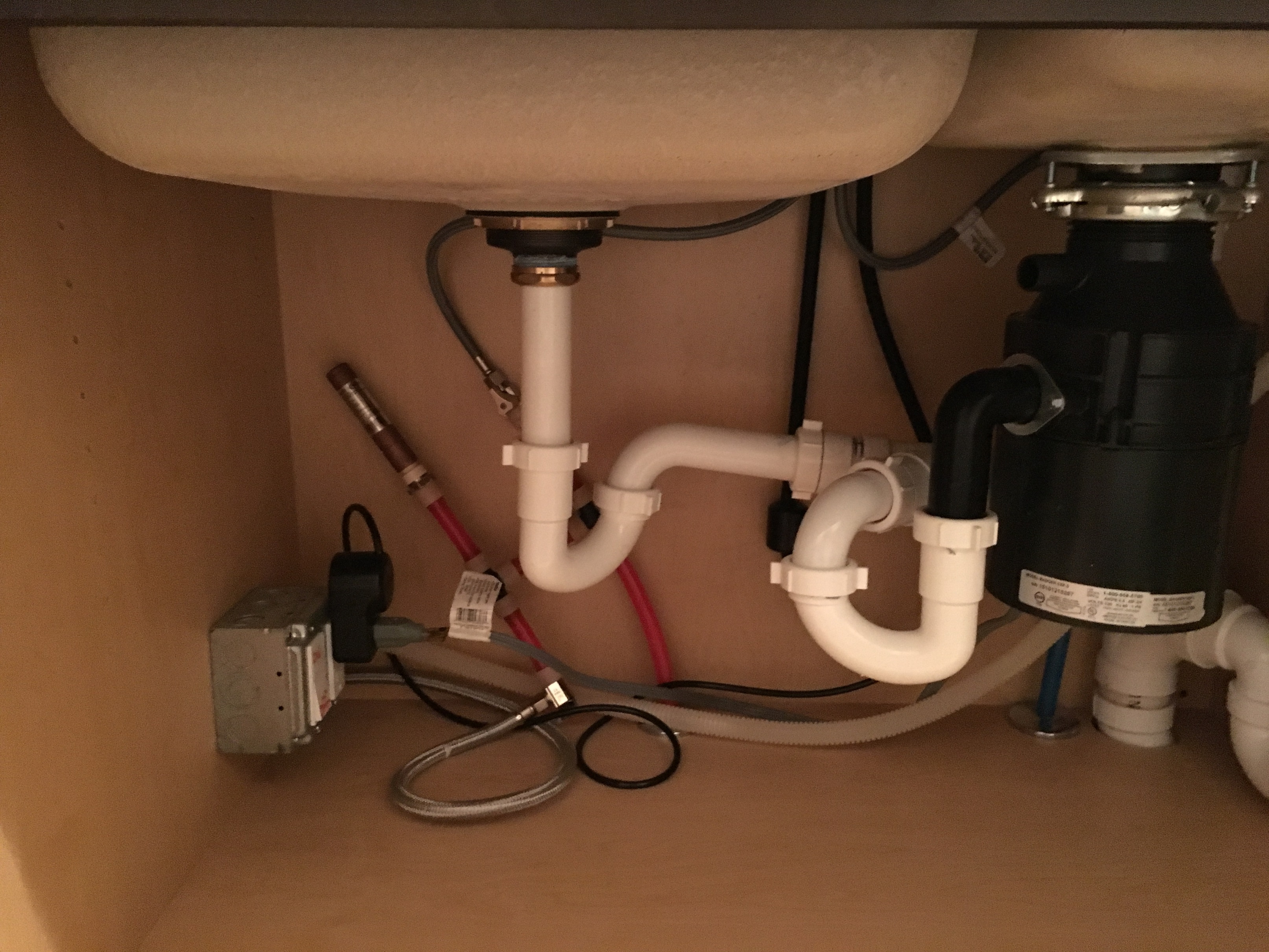 Proper ventilation is the key to eliminating sewer gas from your kitchen. The main purpose of ventilation is to remove stale air and replace it with fresh air. In the case of a kitchen, ventilation helps to remove any odors, smoke, and excess moisture that may be present while cooking. It also helps to maintain a healthy environment by circulating fresh air and reducing the presence of harmful gases such as sewer gas. Ventilation can be achieved through various methods, such as the installation of exhaust fans, range hoods, and windows. These methods not only keep your kitchen smelling fresh but also ensure the health and safety of your household.
Sewer Gas and House Design
When it comes to house design, proper ventilation should be a top priority, especially in the kitchen. Not only does it help to eliminate sewer gas, but it also plays a crucial role in maintaining a healthy and functional space. Without proper ventilation, your kitchen can become a breeding ground for bacteria and mold, which can lead to health issues and damage to your home. Additionally, a well-ventilated kitchen can also help to reduce energy costs by promoting air circulation and preventing the build-up of excess heat and humidity.
Conclusion
In conclusion, proper ventilation is a crucial factor in house design, particularly in the kitchen. It not only helps to eliminate sewer gas but also promotes a healthy and functional space. As a homeowner, it is important to address any issues with sewer gas immediately and ensure that your kitchen is properly ventilated. By doing so, you can create a safe and comfortable environment for you and your family.
Proper ventilation is the key to eliminating sewer gas from your kitchen. The main purpose of ventilation is to remove stale air and replace it with fresh air. In the case of a kitchen, ventilation helps to remove any odors, smoke, and excess moisture that may be present while cooking. It also helps to maintain a healthy environment by circulating fresh air and reducing the presence of harmful gases such as sewer gas. Ventilation can be achieved through various methods, such as the installation of exhaust fans, range hoods, and windows. These methods not only keep your kitchen smelling fresh but also ensure the health and safety of your household.
Sewer Gas and House Design
When it comes to house design, proper ventilation should be a top priority, especially in the kitchen. Not only does it help to eliminate sewer gas, but it also plays a crucial role in maintaining a healthy and functional space. Without proper ventilation, your kitchen can become a breeding ground for bacteria and mold, which can lead to health issues and damage to your home. Additionally, a well-ventilated kitchen can also help to reduce energy costs by promoting air circulation and preventing the build-up of excess heat and humidity.
Conclusion
In conclusion, proper ventilation is a crucial factor in house design, particularly in the kitchen. It not only helps to eliminate sewer gas but also promotes a healthy and functional space. As a homeowner, it is important to address any issues with sewer gas immediately and ensure that your kitchen is properly ventilated. By doing so, you can create a safe and comfortable environment for you and your family.








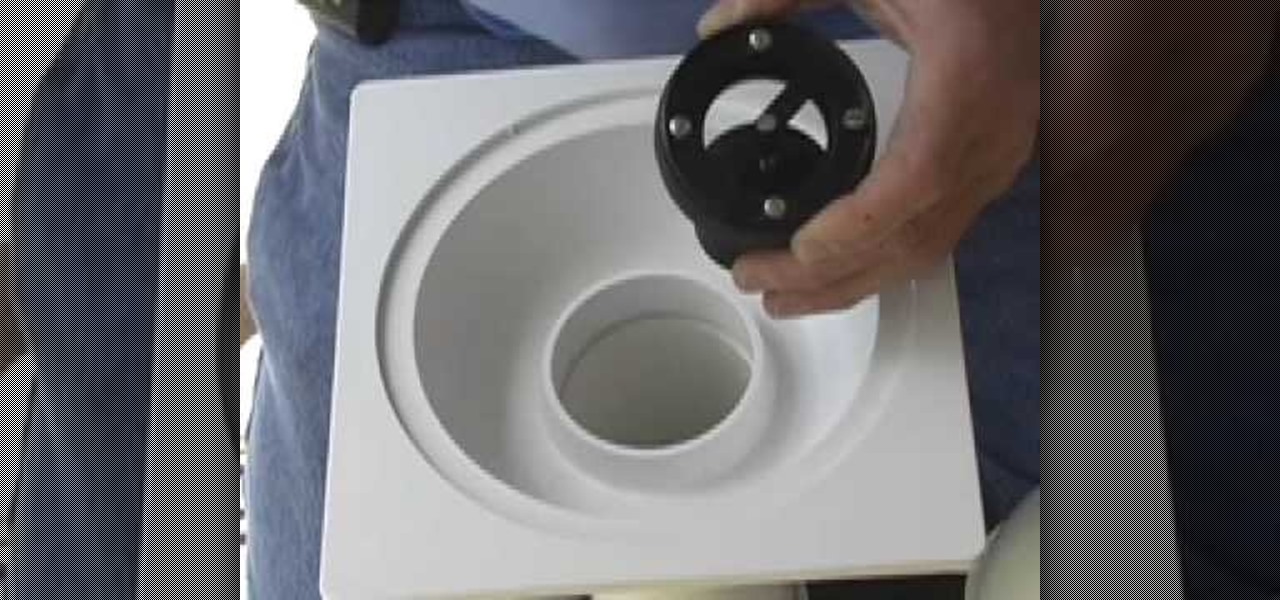









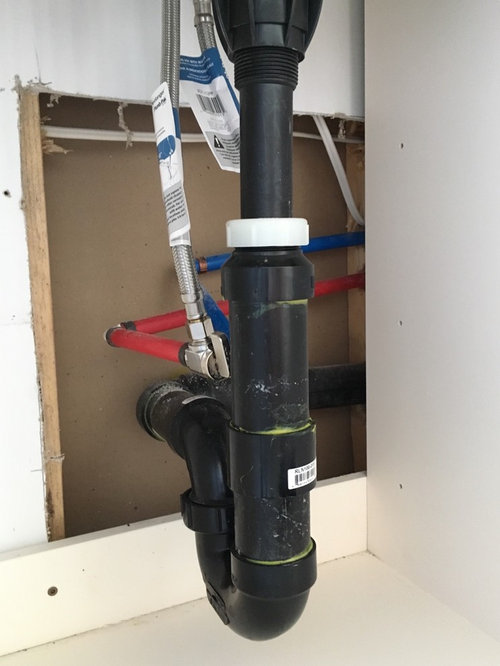
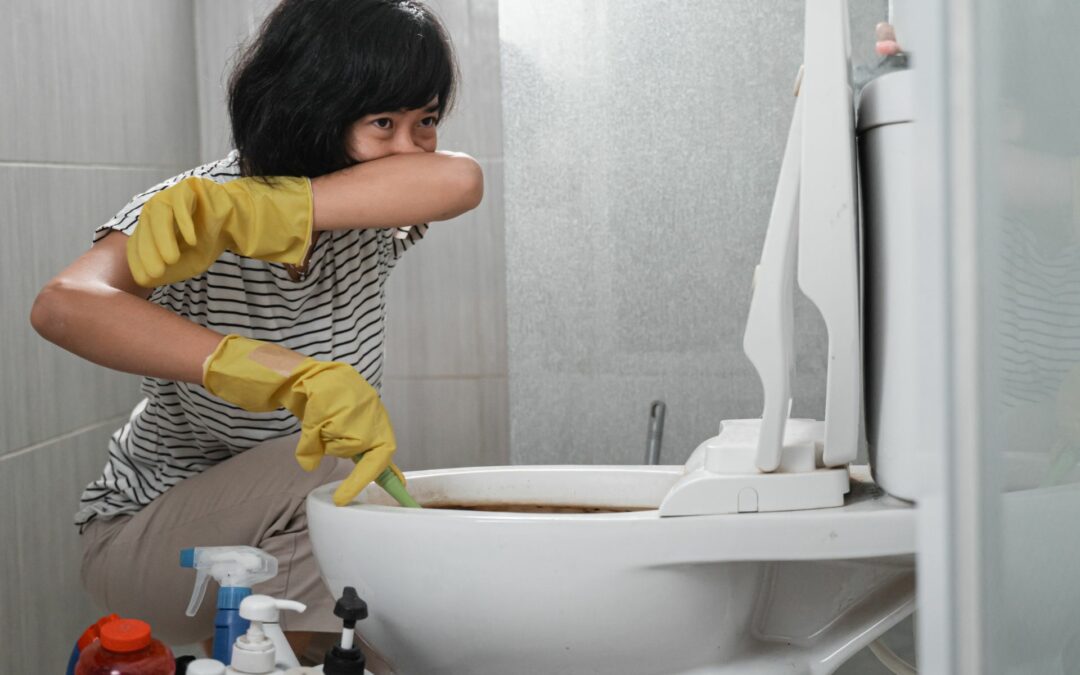
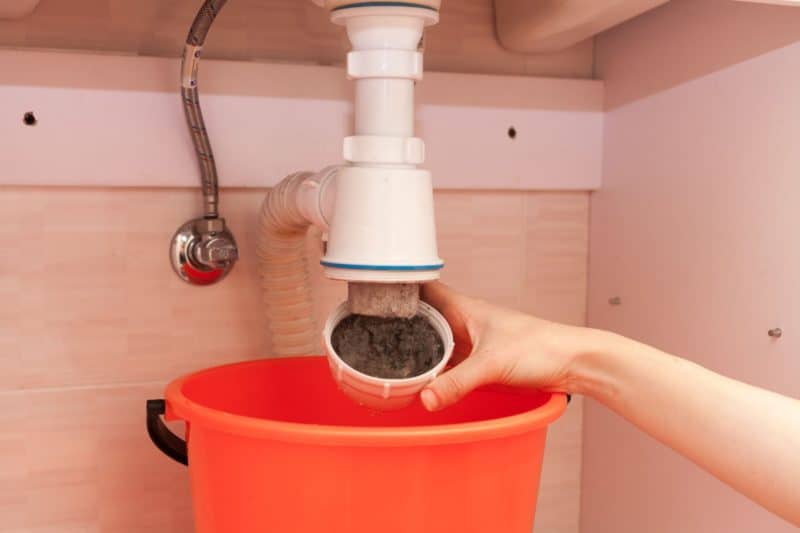


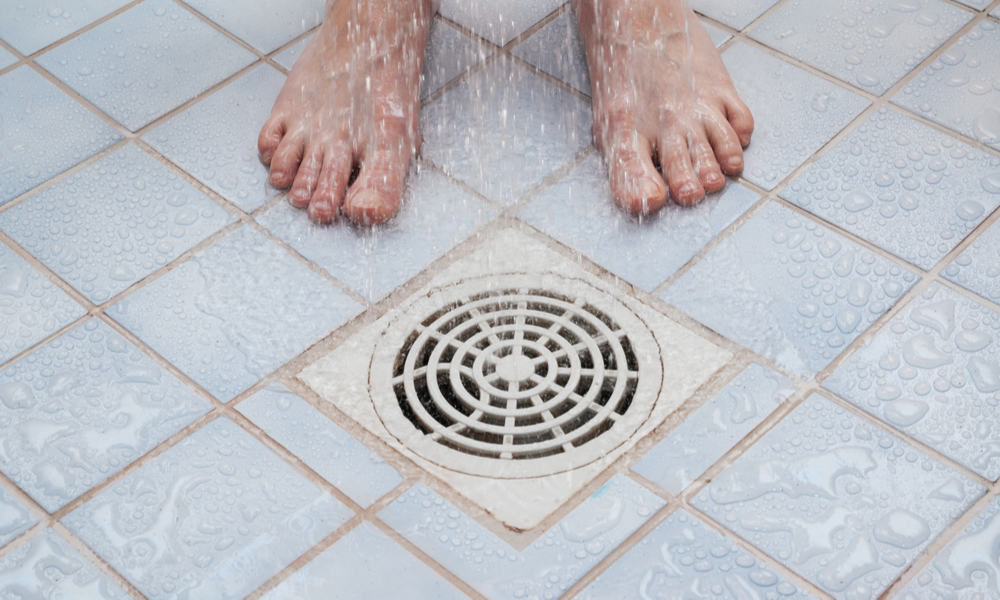

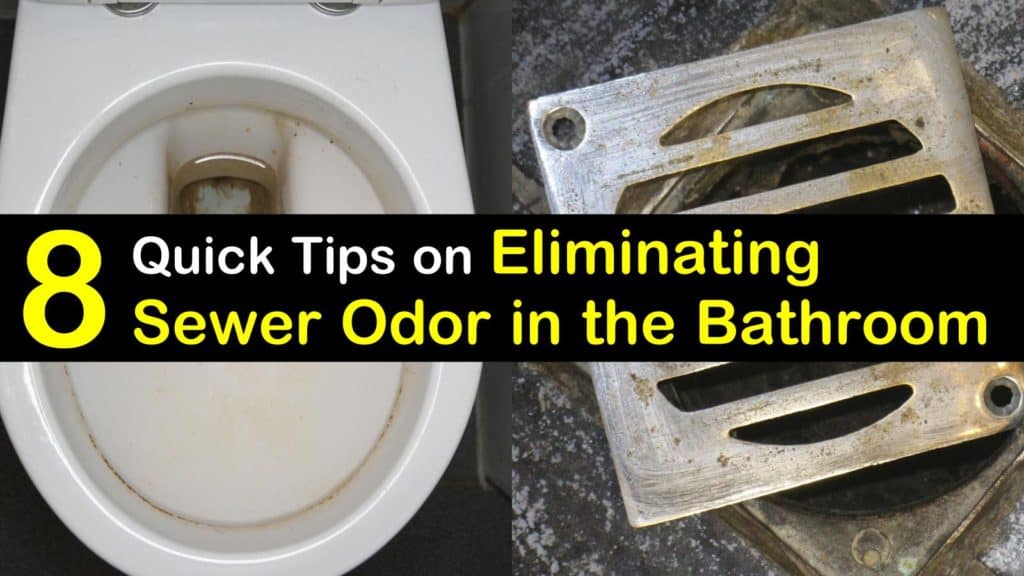
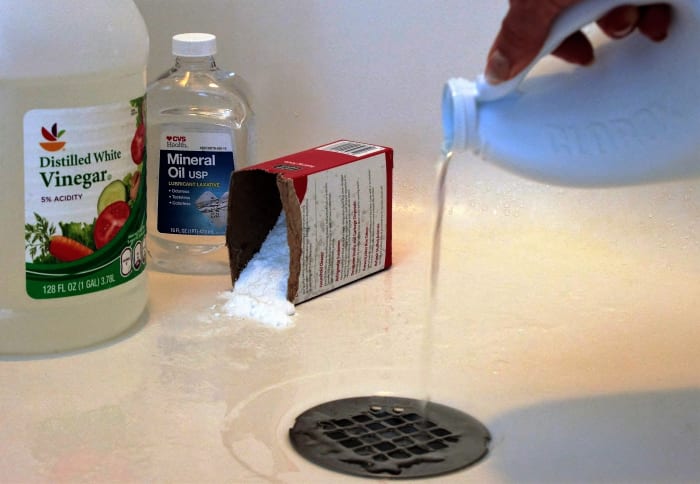
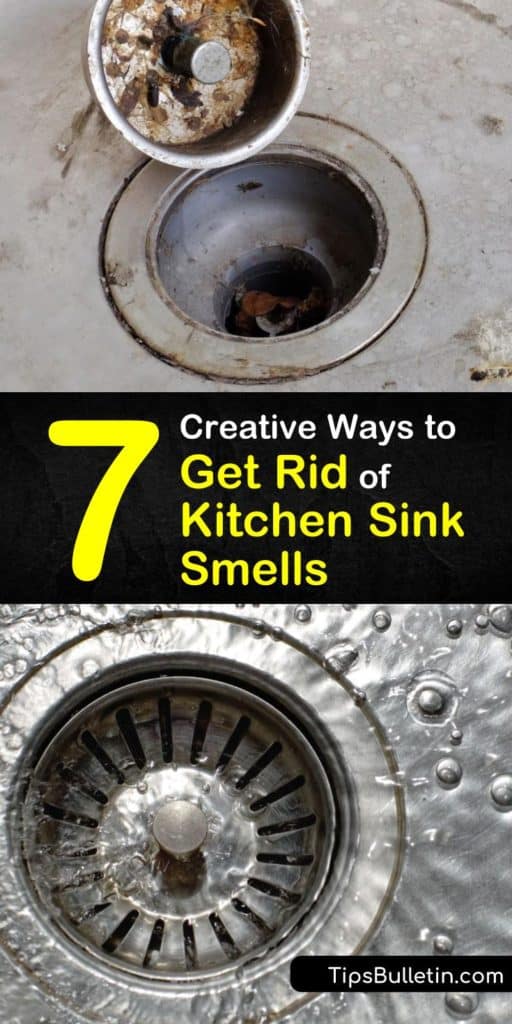
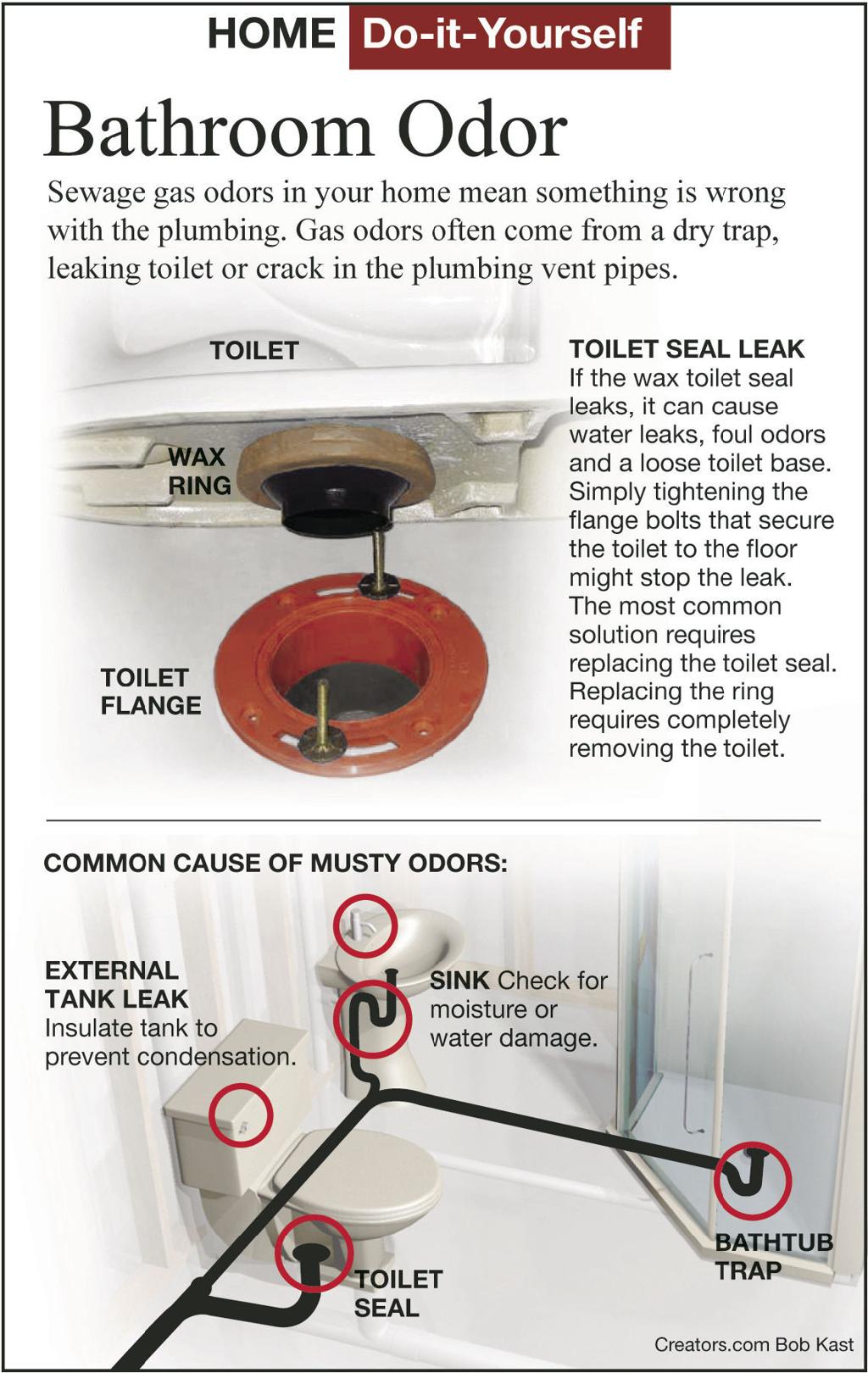



:max_bytes(150000):strip_icc()/sink-pipe-under-wash-basin-119001607-6f28aec4c66944efb7a9a38cb622ab8b.jpg)




